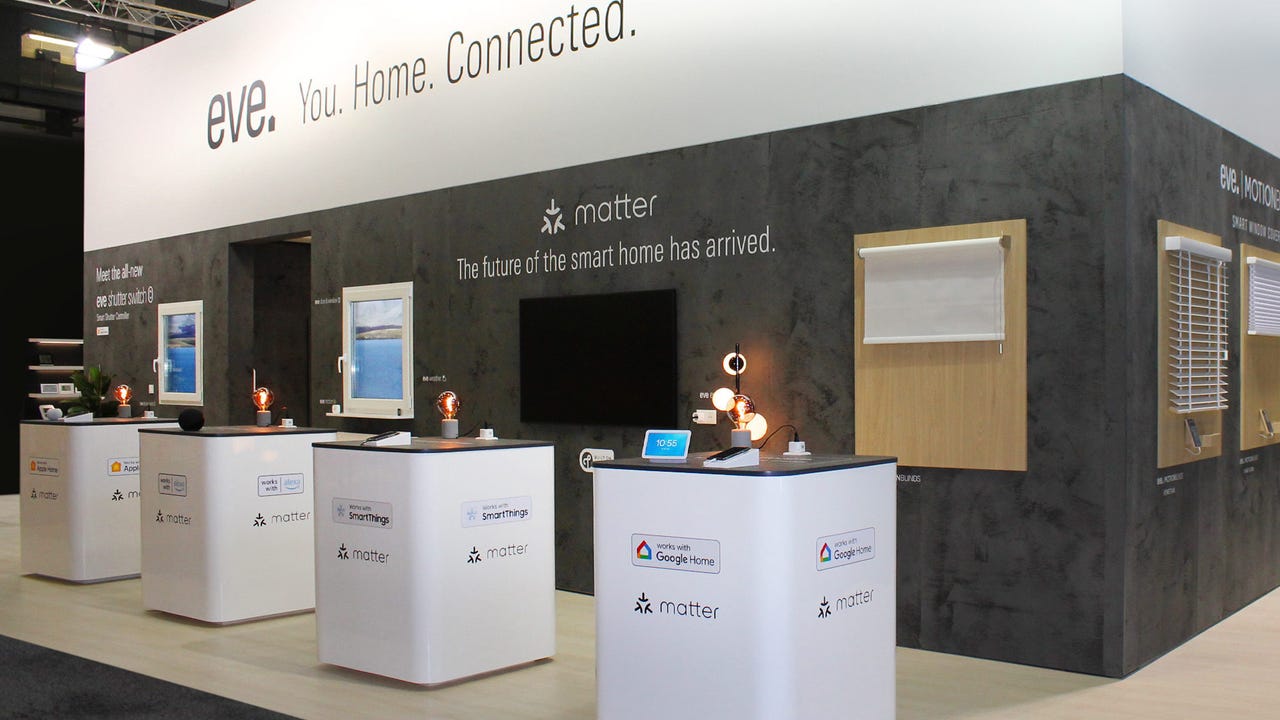'ZDNET Recommends': What exactly does it mean?
ZDNET's recommendations are based on many hours of testing, research, and comparison shopping. We gather data from the best available sources, including vendor and retailer listings as well as other relevant and independent reviews sites. And we pore over customer reviews to find out what matters to real people who already own and use the products and services we’re assessing.
When you click through from our site to a retailer and buy a product or service, we may earn affiliate commissions. This helps support our work, but does not affect what we cover or how, and it does not affect the price you pay. Neither ZDNET nor the author are compensated for these independent reviews. Indeed, we follow strict guidelines that ensure our editorial content is never influenced by advertisers.
ZDNET's editorial team writes on behalf of you, our reader. Our goal is to deliver the most accurate information and the most knowledgeable advice possible in order to help you make smarter buying decisions on tech gear and a wide array of products and services. Our editors thoroughly review and fact-check every article to ensure that our content meets the highest standards. If we have made an error or published misleading information, we will correct or clarify the article. If you see inaccuracies in our content, please report the mistake via this form.
Matter has arrived: How a Google Nest Hub just controlled an Apple HomeKit smart plug


Eve display at IFA 2022.
At IFA 2022, Eve hosted a demo of one of their HomeKit-enabled smart plugs using Matter to successfully communicate with a Google Nest Hub. This is a big step forward in the smart home world because this is the first time a Google Hub has ever been able to connect natively with an Eve (HomeKit) smart plug.
Check out @meeteve's #Matter demo at #IFA2022... This changes everything about the future of smart homes! pic.twitter.com/r60h4bmoCj
— MakeUseOf (@MUO_official) September 5, 2022
Also: The two smart devices I will never install in my house
Currently, these devices aren't readily compatible with each other. Some tinkerers set up a bridge, like HomeBridge, or an automation via IFTTT to get incompatible devices like these to work with each other. But this requires work, time, and sometimes basic programming knowledge.
Eve was one of the participants to make big announcements for the smart home world. As a company that manufactures smart home products with native support for HomeKit, Eve also announced a lineup of new devices along with their demonstration of an implementation of Matter, the new connectivity standard of the IoT.
Also: Matter is coming fall 2022
Google and Amazon, along with other big players, have stood behind Matter since its inception and are prepared to support the new connectivity standard once it is available, which could be as early as the end of this year.
Several companies are developing devices and updates to incorporate Matter when it's ready, but this is the first time we've seen it work in the real-world.
Essentially, it won't matter if you use Alexa, Google Home, SmartThings, or HomeKit in your home; Matter will bring it all together into one. And as something that we've heard a lot of but haven't seen yet, this demonstration at IFA 2022 was a pretty groundbreaking step into a connected smart home.
Also: The 6 best home automation systems
Eve also updated their Bluetooth product line to support Thread, and it is prepared to update all Thread-enabled devices to Matter beginning at the end of the year.
The biggest technology event in Europe, IFA 2022 also hosted brands like LG, Tuya, Huawei, Samsung, Lenovo, Sharp, Panasonic, and more.
Mainstream application of Matter is certainly to be seen, but much expected. I can't wait to integrate my incompatible devices into one system -- something we haven't achieved easily so far. Let's hope the CSA can deliver on that promise.